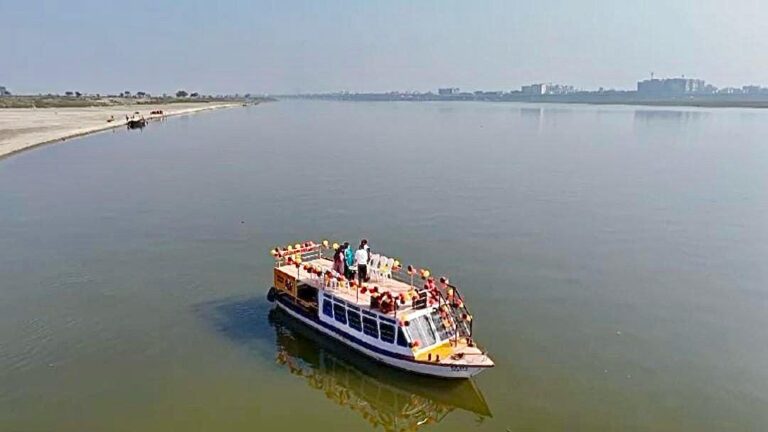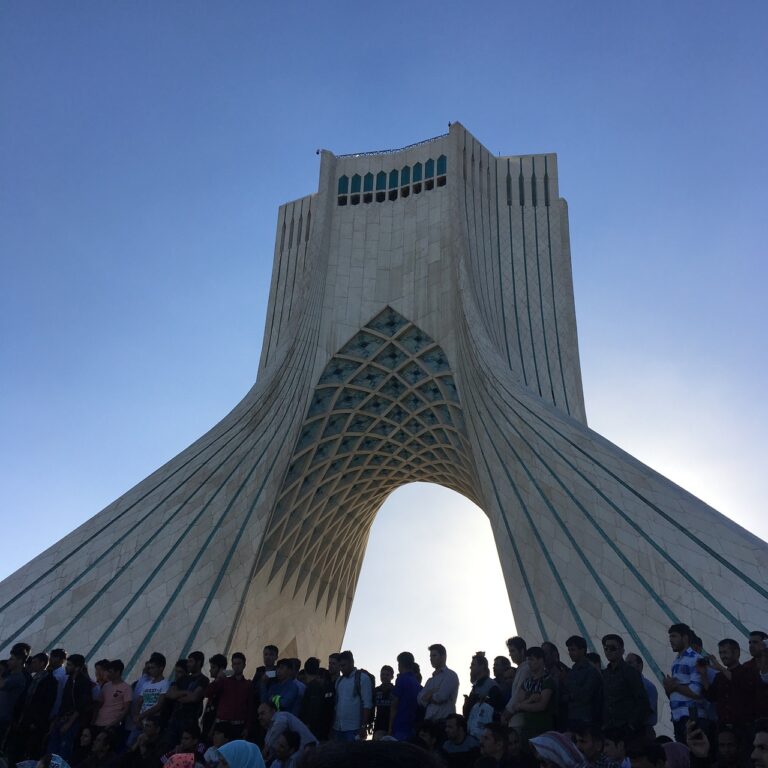
Recreate, Re-imagine, Restore!
Nairobi/Rome: Leaders in global politics, science, communities, religion and culture joined hands on the eve of the World Environment Day to officially kick off the UN Decade on Ecosystem Restoration – a rallying call for the protection and revival of millions of hectares of ecosystems all around the world for the benefit of people and nature.
Led by the United Nations Environment Programme (UNEP) and the Food and Agriculture Organization of the United Nations (FAO), the Decade on Restoration – which runs from 2021 to 2030 – was proclaimed by the United Nations General Assembly in a 2019 resolution.
The launch took the form of a high-level virtual gala with the participation, alongside the heads of UNEP and FAO and UN Secretary-General António Guterres; of Imran Khan, the Prime Minister of Pakistan, which hosts World Environment Day on 5 June this year; Pope Francis; Félix-Antoine Tshisekedi Tshilombo, President of the Democratic Republic of Congo and Chair of the African Union; German Chancellor Angela Merkel; and Prime Minister of Barbados, Mia Mottley. Among other global figures who spoke were goodwill ambassadors, advocates, youth representatives, scientists and CEOs.
“By restoring ecosystems, we can drive a transformation that will contribute to the achievement of all the Sustainable Development Goals. The task is monumental. We need to replant and protect our forests. We need to clean up our rivers and seas. And we need to green our cities,” the UN Secretary-General said in his message. “Accomplishing these things will not only safeguard the planet’s resources. It will create millions of new jobs by 2030, generate returns of over $7 trillion dollars every year and help eliminate poverty and hunger.”
The FAO Director-General QU Dongyu, noting that the increasing pressure on the world’s natural resources is affecting the well-being of 40 percent of the global population, called for a change of mindset.
“Business as usual is not an option!” he underscored. “We need to prevent, halt and reverse the degradation of ecosystems worldwide, including our farmlands and forests; our rivers and oceans. More efficient, inclusive, resilient and sustainable agri-food systems can help restore ecosystems and safeguard sustainable food production, leaving no one behind,” he added.
Stressing that in order to save our marine and terrestrial ecosystems, UNEP Executive Director Inger Andersen said governments must ensure COVID-19 stimulus packages contribute to a sustainable and equitable recovery from the pandemic, while businesses and the financial sector must reform operations and financial flows so that they restore – and not destroy – the natural world. She urged individuals to rethink their choices where possible and raise their voices for restoration and a sustainable future.
“We must use this moment in history to launch a massive global movement to save our terrestrial and marine ecosystems even as we continue to decarbonize. Everyone has a “to-do” here. Governments must ensure COVID-19 stimulus packages contribute to a sustainable and equitable recovery from the pandemic. Businesses and the financial sector must reform operations and financial flows so that they restore the natural world. And as individuals and consumers, it is time rethink choices, demand deforestation-free products and vote for sustainability in the polling booths.”
“Restoring the nature we have damaged means, in the first place, restoring ourselves,” said Pope Francis in a video message relayed by Cardinal Pietro Parolin, Secretary of State. “We welcome this United Nations Decade on Ecosystem Restoration, let us be compassionate, creative and courageous. May we take our proper place as a “Restoration Generation.”
The UN Decade aims to inspire and support governments, UN agencies, civil society, private sector companies, youth, women’s groups, indigenous peoples, farmers, local communities and individuals globally, to collaborate, develop and catalyse restoration initiatives across the world. The effort will involve a raft of activities. They range from redirecting fiscal incentives and financial flows to promote restoration to undertaking research on restoration in terrestrial and marine environments, building the technical capacity of restoration practitioners globally and monitoring global progress on restoration.
The Decade aims to mobilize hundreds of millions of people to restore nature and foster a global restoration culture in which restoration initiatives are scaled up across the planet.
– global bihari bureau





